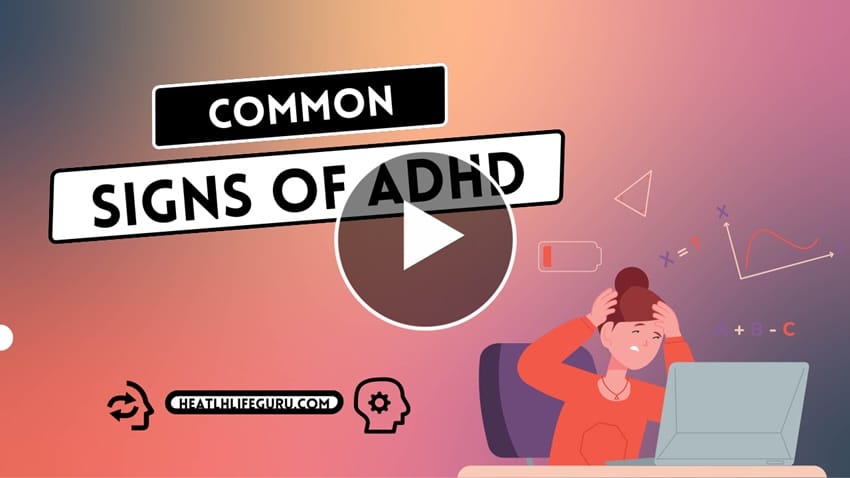The Ketogenic diet is a very low-carb, high-fat diet that shares many similarities with the Atkins and low-carb diets. Keto is short for ketosis, which is an energy-producing state in which your body burns fat rather than carbohydrates as its primary fuel source. This diet is very popular right now because it can be used in weight loss, diabetes management, and epilepsy control. However, there is still some controversy on whether or not it is healthy to follow long term due to their high-fat content. In this article, we will discuss what a keto diet is and if it’s good for you!
Contents
What Is The Keto Diet?

A ketogenic diet is a high-fat, low carbohydrate, and moderate protein diet. Keto diets are designed to shift your body from relying mostly on glucose (sugar) for energy to relying more on fat. The goal of this dietary change is to maximize the number of calories that come from healthy fats instead of sugar so you can break free from cravings and enjoy weight loss without being hungry or tired all the time!
How Keto Works?

A keto diet is based on high fat, moderate protein, and low carb intake to create what’s known as the Ketosis state in your body which breaks down fats into molecules called “ketones” that are used for energy instead of carbs from food sources like grains and sugars. It can be very effective when they’re combined with a reducing calorie intake and an exercise routine.
What Is Ketosis?

Ketosis refers to when the liver breaks down fats into molecules called “ketones” in order to use them for energy instead of carbs from food sources like grains and sugars. This diet relies on this process of ketosis in order to work. Keto-adaptation is the process where your body starts running primarily off fat for fuel, as opposed to sugars from carbohydrates (glucose).
What You need to do for it to work:
- Reduce your carb intake to very low or no carbs
- Increase the fat you eat and cut out sugar as much as possible
- Eating high amounts of protein in order to maintain muscle mass. Keto diets are not about losing weight, but maintaining it with a healthy amount of fats!
Is Keto Healthy?

The keto diet is not only healthy, but it also may have significant benefits in people who suffer from some medical conditions or diseases such as diabetes, epilepsy, Alzheimer’s disease, and Parkinson’s disease. Despite this fact, there has been little research on how these types of low-carbohydrate/high-fat diets can affect long-term health if followed over time periods longer than 12 months.
Here are some benefits and concerns of following this diet.
Keto Benefits:
- Keto diets can help you lose weight by reducing hunger and cravings.
- It is a very effective way to manage diabetes because of cutting out carbs for energy. It helps with insulin resistance and prevents the need for medications!
- Keto has been shown to help prevent or manage Alzheimer’s disease and Parkinson’s disease. Sometimes it may also help with other types of brain or neurological issues as well. It can be a very healthy diet for people who suffer from these disorders because it helps reduce symptoms and side effects!
- Keto can also help you sleep better because it produces ketones that are similar to serotonin, a natural hormone in your brain. It is effective for epilepsy patients and may reduce the number of seizures or even stop them altogether!
- Keto is also a good diet for people with high blood sugar because it helps to regulate insulin levels. It may help prevent cancer, as well!
- Keto has been shown to provide seizure control in those with epilepsy and help reduce the number of seizures per month. It can also be an effective treatment for cancer because it helps stop or slow down tumor growth!
Keto Concerns
- Keto is not really sustainable long-term which means if you stop following the diet, you’d end up gaining weight over time. It has been shown to have high levels of saturated fats in some studies that could lead to heart disease depending on how often they are consumed. This type of low carbohydrate/high-fat diet has not been studied extensively so there’s no information currently available on what the health risks might be after being followed long term.
- Keto Diets are not always the best for athletes because athletic performance can be greatly reduced on this specific diet; It may have an adverse effect on kidney health if followed long term due to high-fat intake and can also lead to constipation.
- Keto Dieters are at a higher risk of developing gallstones, kidney stones, and gout due to their high-fat intake; It may be bad for pregnant women because there’s not enough research on how the diet would affect fertility or pregnancy outcomes after being followed long term.
Conclusion
Keto is a great way to lose weight but it’s important that you don’t follow keto strictly by cutting out carbs altogether in order to prevent any potential dangers like heart disease or malnutrition. Make sure to include lots of healthy fats along with some moderate protein sources as well! And remember – even though ketosis sounds like the ideal situation, make sure you drink plenty of water so that your liver doesn’t become overworked and suffer any potential damage. It is a great way to lose weight, but it does have some drawbacks that need to be taken into consideration!


